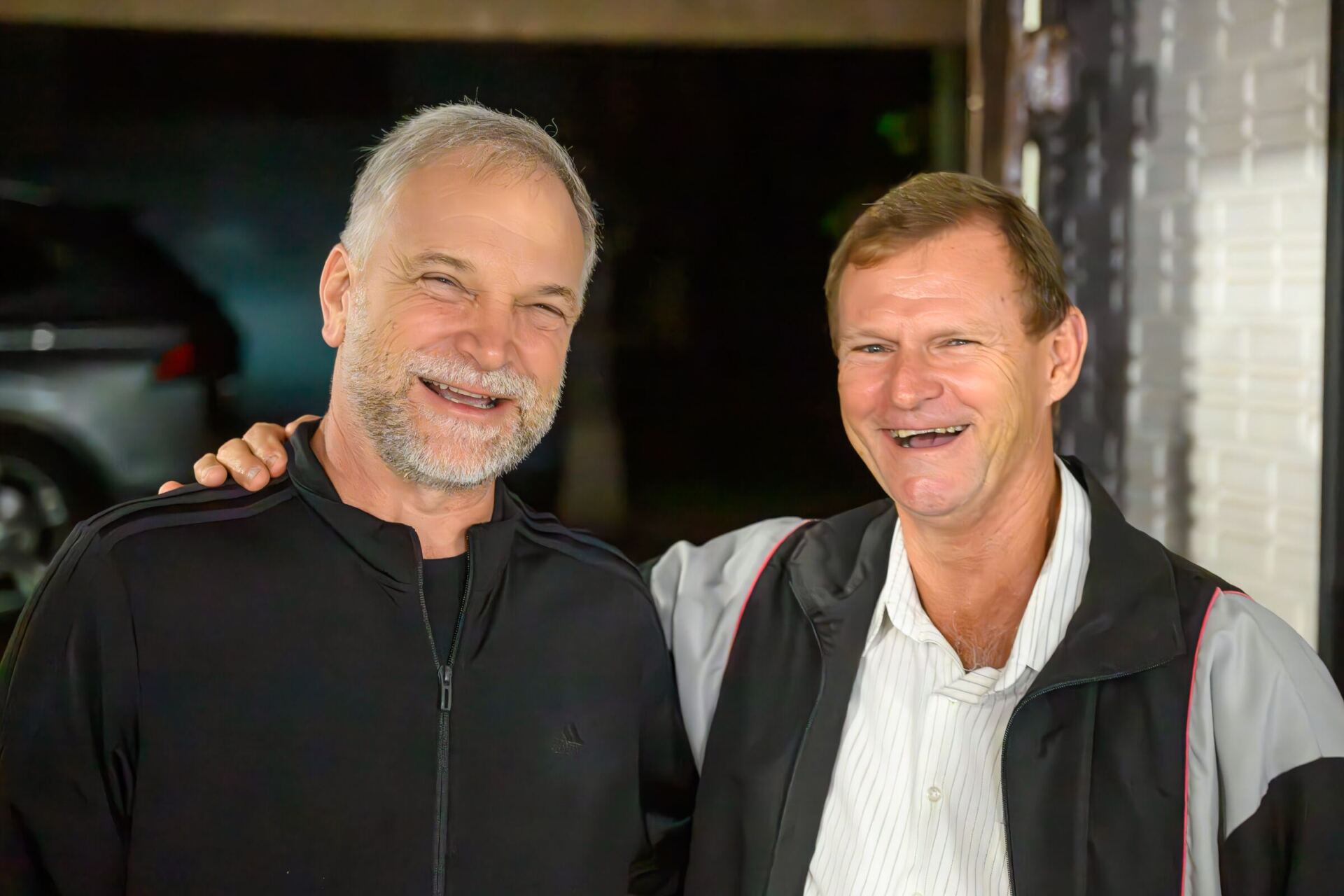From time to time, we come upon phrases in Scripture that are unfamiliar or enigmatic, requiring us to wrestle with syntax, history, and scholarship to mine the meaning of the text.
At other times, God’s Word speaks to us with such piercing clarity that to add to it with volumes of commentary would diminish its power.
Paul’s statement in Philippians 2:8 falls into the second category. The apostle’s hymnic verse repeats, “being found in human form,” drawing our attention again to the incarnation. Not only did Christ model humility by setting aside the outward glory of his divine nature, taking on a lowly human nature, and assuming the mean position of a slave, but he went even further.
Christ then “humbled himself by becoming obedient to the point of death.” How are we to understand the obedience of the divine Son? Here we wade into divine mysteries that would be well beyond the grasp of such finite creatures as ourselves, had God not revealed these truths to us.
Biblically, we know that the Father begets the Son (Psalm 2:7). We mean this in the sense that the Father eternally generates the Son in a relation similar to that of the sun to its light, an imprint to its source (Hebrews 1:3), or a word or image to that which is signified (John 1:1-2; Colossians 1:15). Thus, we confess with Scripture that the Son comes from the Father. Yet Paul does not teach that the Son was thus eternally subordinate or obedient to the Father within the Godhead prior to the incarnation.
The divine essence—which the Father, Son, and Spirit fully share—is single, undivided, and simple (Exodus 3:14, Deuteronomy 4:6). To impose eternal relationships of authority and submission onto the essential nature of God within himself would be to divide the singular will of God—separating it into a will that commands and a will that submits and introducing division into God’s essence. Subordinationism, a related theological error, was condemned by the Second Council of Constantinople (A.D. 553). Rather, the apostle teaches that the divine Son became obedient in the incarnation according to his human nature, not his divine nature. This was a new and revolutionary change—a radical humbling. “Although he was a son, he learned obedience through what he suffered” (Hebrews 5:8).
Yet not only did the Son become obedient; he became obedient to the point of death. At best, we sinners attempt to obey God in living a holy life, yet not at the point of shedding our blood (Hebrews 12:4). By contrast, the Lord Jesus set his face like a flint towards the object of his mission (Isaiah 50:7).
Paul’s hymn then repeats, emphatically, “even death on a cross.” Our modern, sanitized sensibilities rarely permit us to consider the gruesomeness of execution. Christ’s death was not only violent but of an unspeakable, ignominious sort reserved for the vilest offenders. The people of the first century would not have spoken of crucifixion in polite company. These horrors, far from limited to physical suffering, were exceeded only by the devastation of broken fellowship with the Father, expressed in Christ’s cry of dereliction: “My God, my God, why have you forsaken me?” (Matthew 27:46; cf. Psalm 22:1).
As followers of this crucified Lord, we are called to imitate Christ. We are to follow his example, recognizing that our unjust suffering might also further God’s purposes (Philippians 1:12-14), that our interests must take a backseat to the interests of others (2:4), and that to die in Christ is gain indeed (1:21)—essential realizations if we are to engage faithfully in mission. Yet what Christ endured at Calvary was about infinitely more than setting a mere example.
Why did Jesus die? Paul elsewhere answers: “for our sins” (1 Corinthians 15:3). This was something we could never have done for ourselves. Because the wages of sin is death (Romans 6:23), our Savior had to exhaust the penalty for sin to free us from it. Bearing the wrath of God in the place of his people, Jesus became our perfect, righteous substitute (1 Peter 2:24). In so doing, he defeated both sin and death, releasing us from the fear of death and the judgment to come (Hebrews 2:15). This merciful act he performed not only in love for his people but in obedience, Paul reminds us, to his Father.
Contemplating Christ’s accomplishment, Athanasius (A.D. 296-373), bishop of Alexandria, reflected:
Death has become like a tyrant who has been completely conquered by the legitimate monarch; bound hand and foot, the passersby sneer at him, hitting him and abusing him, no longer afraid of his cruelty and rage because of the King who has conquered him. So has death been conquered and branded for what it is by the Saviour on the cross. It is bound hand and foot; all who are in Christ trample it as they pass, and as witnesses to Him (King Jesus) deride it, scoffing and saying, “O Death where is thy sting? O grave, where is thy victory?”
Where, indeed?
Prayer:
Lord Jesus,
When I consider how low you stooped—from heaven to earth to take on flesh, to the position of an obedient slave, and from there to a blood-stained cross of wood—I am undone. I confess that it was for my sin that you were hung. It was my wrongs that drove nails through your hands and feet, my transgressions that crushed you under the wrath of God. Forgive me, and grant me to never leave the foot of the cross but to live for you, in humble awe, grateful for your obedience and self-giving love, now and forever.
Amen.
Prayer Points:
- Pray for an understanding of the cross to affect you, your family, and your church to a greater degree. Ask God to grant that you would not take the cross of Christ for granted.
- Pray that your church and the ministries you support would be marked by what Martin Luther called a theology of the cross, not by what he termed a theology of glory. Pray for those who serve God to be shaped by the suffering and humility of Christ and not by an expectation of power, prestige, or comfort.
- Pray for the pastors, evangelists, and missionaries you know to preach the simple message of the cross, recognizing that, though it is foolishness to the world, to those being saved it is the very power of God (1 Corinthians 1:18).






